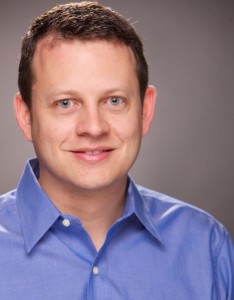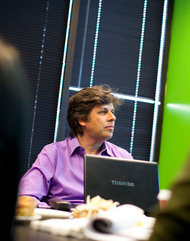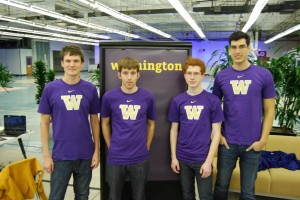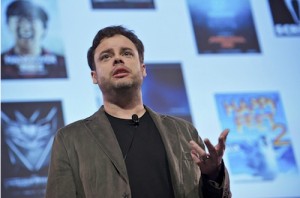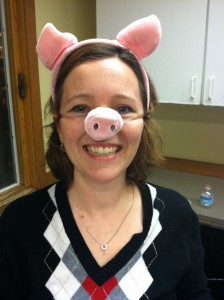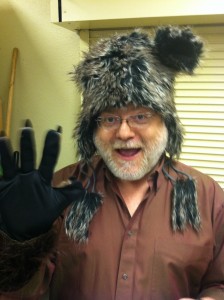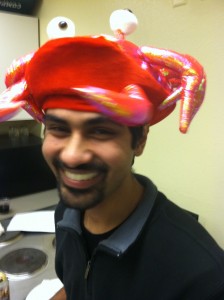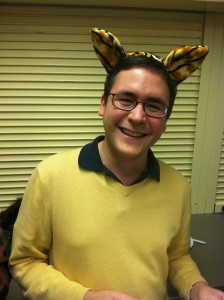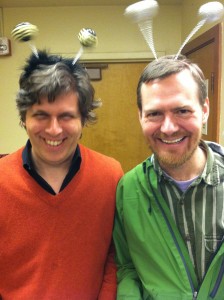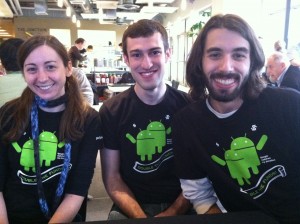 G-GIVE is an initiative by Google Seattle/Kirkland to encourage employee philanthropy. During the first two weeks of December, gifts to nine different causes were matched not only by Google, but by a generous Googler. Google Seattle/Kirkland already leads all Google sites in employee participation in the Google philanthropic matching program; the goal of G-GIVE is to drive participation even higher.
G-GIVE is an initiative by Google Seattle/Kirkland to encourage employee philanthropy. During the first two weeks of December, gifts to nine different causes were matched not only by Google, but by a generous Googler. Google Seattle/Kirkland already leads all Google sites in employee participation in the Google philanthropic matching program; the goal of G-GIVE is to drive participation even higher.
On the kickoff day – Tuesday December 6 – 100 Seattle/Kirkland Googlers made gifts to the UW CSE Google Endowed Scholarship, totaling more than $100,000 when matched!
G-GIVE is the brainchild of UW CSE alums Krista Davis and Jessan Hutchison-Quillian, shown here with UW CSE alum Jeff Prouty (in the middle) who served as the liaison for the UW CSE day. Thanks to them, to the 100 Googlers who supported the UW CSE Google Endowed Scholarship, and to the many others who supported other causes during G-GIVE! Read more →


